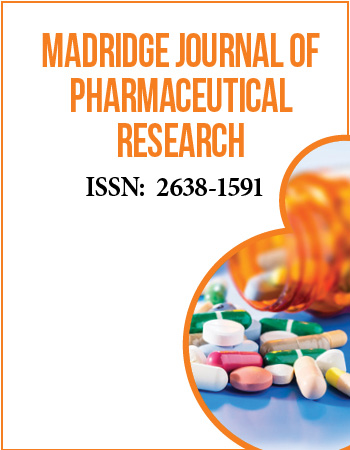International Conference on Medicinal and Pharmaceutical Chemistry
December 5-7, 2016 | Dubai, UAE
Synthesis and cellular uptake of nanocomposites containing oligonucleotides and their analogues immobilized on inorganic nanoparticles
Novosibirsk State University, Russia
The development of efficient and convenient systems for the delivery of nucleic acid-based drugs into cells is an urgent task. Despite many efforts in this field, this problem cannot be considered as completely solved. A promising way is the use of various nanoparticles. We developed methods of immobilizing DNA fragments to titanium dioxide nanoparticles with the formation of TiO2 ~DNA nanocomposites. Three forms of TiO2 nanoparticles (amorphous, anatase, and brookite) were used for the construction of nanocomposites. Two approaches to the preparation of nanocomposites are described: 1) noncovalent sorption of oligonucleotide-polylysine conjugates onto TiO2 nanoparticles, and 2) the electrostatic binding of oligonucleotides to TiO2 nanoparticles precovered with polylysine. Both methods provide an efficient and strong immobilization of DNA fragments onto nanoparticles that lead to nanocomposites with a capacity of up to 60 nmol/mg for an oligonucleotide. Different types of oligonucleotides and their analogs can be immobilized on TiO2 nanoparticles, including single and double stranded DNA and RNA fragments of different length, oligo-2ʼ-O-methyl-ribonucleotides, phosphorothioate oligonucleotides, and recently described 2ʼ-O-methylribonucleotides with charge-neutral phosphoryl guanidine groups, as well as peptide nucleic acids. It was shown that oligonucleotides in nanocomposites retain their ability to complementary interactions. Independently of the form of nanoparticles and the immobilization method, the nanocomposites were demonstrated by confocal microscopy to penetrate into eukaryotic cells without any transfection agents and physical impact. It should be emphasized that a significant part of nanocomposites was internalized in cell nuclei. The proposed nanocomposites can be considered as an efficient approach to deliver oligonucleotides and their analogs into cells.
“The work was supported by the grant of Russian Scientific Foundation no. 16-15-10073.”
Biography:
Marina N. Repkova was born in Kronshtadt, Russia. She received the MS degree in chemistry from Novosibirsk State University, Russia, in 1979 and the Ph.D. degree in bioorganic chemistry from Novosibirsk Institute of Bioorganic Chemistry in 1999 (Russia). From 1979 to present, she has been Postgraduate Student, then Research Scientist, with the Laboratory of Nucleic Acids Chemistry from Novosibirsk Institute of Bioorganic Chemistry (then Institute of Chemical Biology and Fundamental Medicine) of Siberian Branch of Russian Academy of Sciences. She is the author of more than 100 articles and more than 10 patents. Her research interests include the synthesis of Oligonucleotides and their derivatives and the synthesis of nucleic acid-based nanocomposites and their delivery into cells. Currently she works at the Novosibirsk State University.


